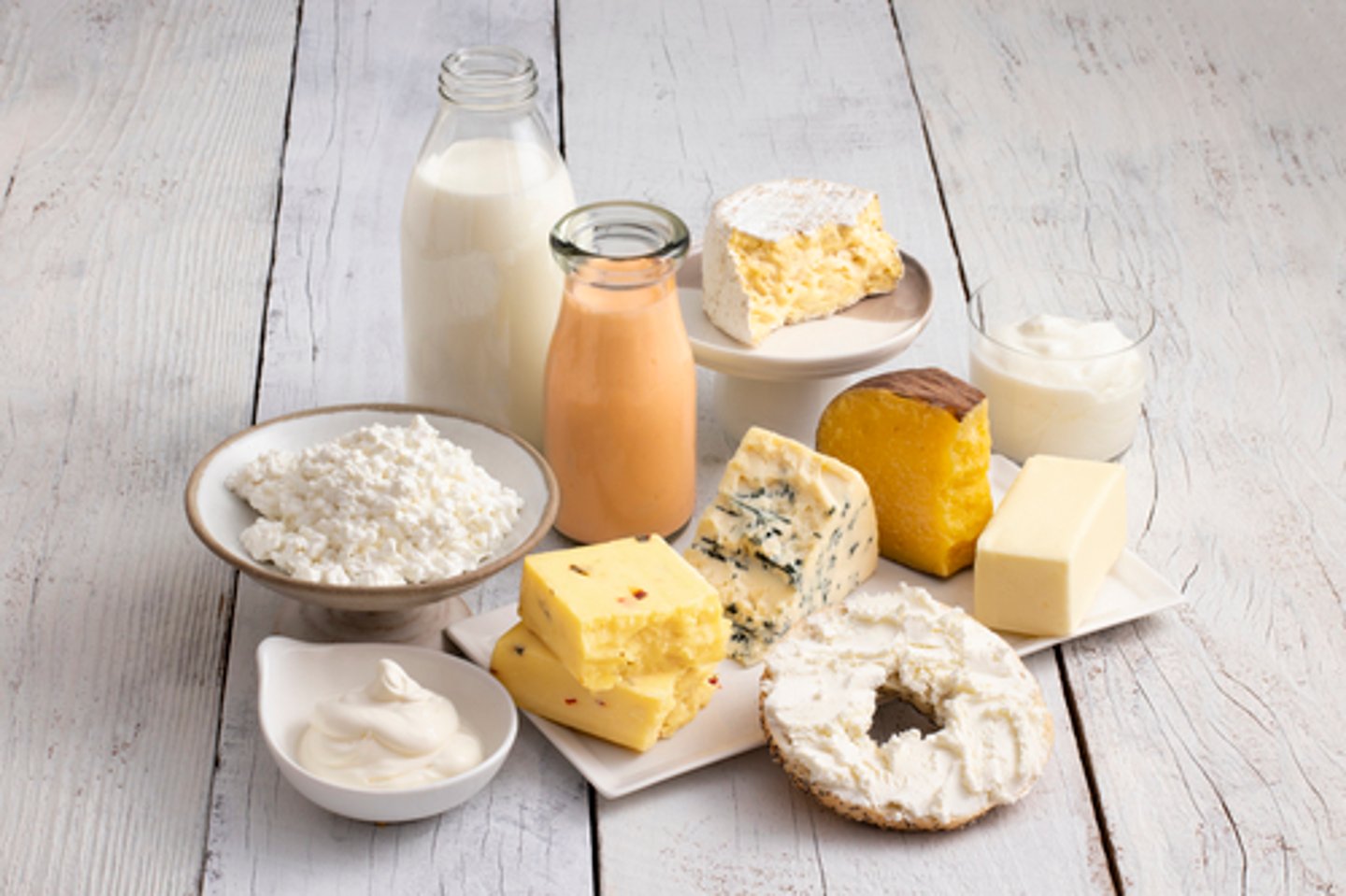California Dairy: Sustainable, Innovative, and Ready to Partner
The California Milk Advisory Board’s (CMAB) mission is to increase demand for products made with Real California Milk. This is accomplished through creative advertising and public relations using various channels, retail and food service promotion and support, product development/innovation, and industry partner collaborations.
Q: What should retailers know about the California dairy industry?
A: California produces more than 18% of the nation’s milk supply and approximately 46% of that is made into cheese. California dairy farm families have a multi-generational legacy of producing quality milk. Even today, 99% of California farms are family-owned. The state also exports about one-third of its total milk production, which equates to more than $1.8 billion.
California is rich in processing capabilities across almost every dairy category including fluid milk, cream, creamers, yogurt, sour cream, cottage cheese, ice cream, mainstream cheese, artisan cheese, Hispanic and ethnic cheeses, evaporated milk, and much more.
The state has the nation’s most rigorous sustainability requirements, which means California farmers are focused on reducing their climate impact including methane emissions through a comprehensive five-part strategy that includes efficiencies, methane avoidance, methane capture and utilization, enteric methane reduction, and research and innovation.
Q: As we look toward 2025, how is the California dairy industry dealing with the issue of sustainability?
A: We are proud to lead the nation in sustainable farming and farming practices. Our farmers aim to ensure the long-term sustainability of California’s dairy production through environmental stewardship, responsible animal care, and community building. The state is on target to reach an ambitious state dairy methane emission reduction mandate by 2030. This includes using methane digesters to turn manure into renewable fuels. Cow power from our farms is currently fueling more than 17,000 vehicles in the state.
Q: What does the CMAB offer?
A: The CMAB supports the industry in many ways but there are three key areas of focus: Processor Partnerships, Business Development, and the California Dairy Innovation Center.
The Processor Partnerships team fosters relationships with more than 200 dairy processors by providing analytical and consumer insight support to grow their categories. This team also connects processors with new and existing retail and food service partners to increase sales and volume in all dairy categories. Think of the Processor Partnerships team as a go-to solution for dairy sourcing needs from filling capacity, finding new or existing capabilities, and commercializing new innovative ideas.
The Business Development team drives sales and awareness for products with the Real California Milk (RCM) seal through annual promotion planning. This team supports retail promotions through product demos, IRC coupons, and also by collaborating with retailers to jointly plan awareness initiatives using a variety of channels from shopper marketing to social media.
The California Dairy Innovation Center (CDIC) is a virtual center focused on stimulating innovation in California dairy by bringing together producers, processors, and educators. The CDIC leverages the University network to coordinate pre-competitive research and education training, including short courses and symposia aimed at teaching students and professionals about products, processing, innovation, and everything in between.
Q: Who can work with the CMAB?
A: We welcome any retailer, operator, or brand interested in growing their dairy offerings using Real California Milk.
California Milk Advisory Board
2156 W. Grant Line Road, Suite 100
Tracy, CA 95377
(209) 883-6455
[email protected]


